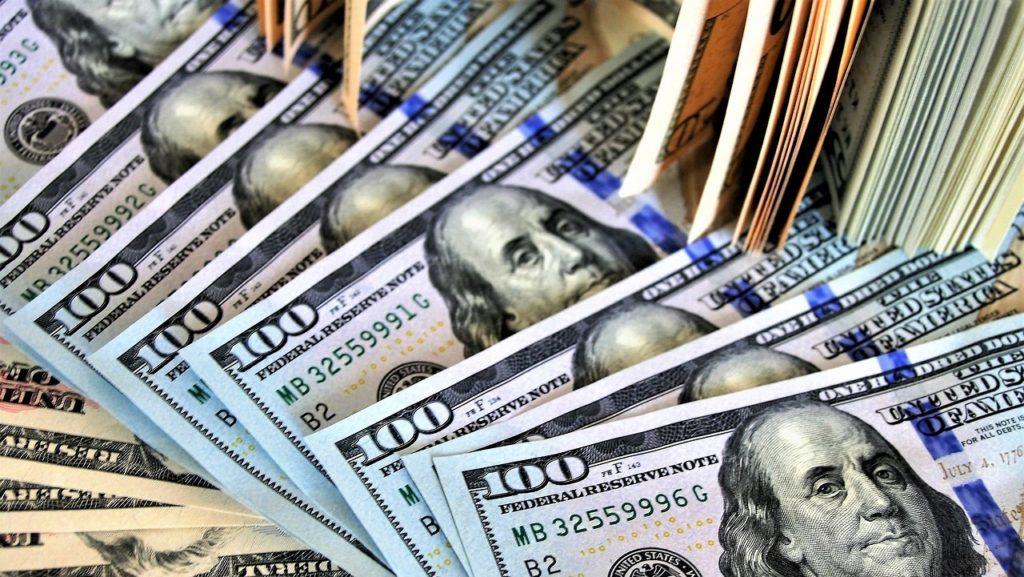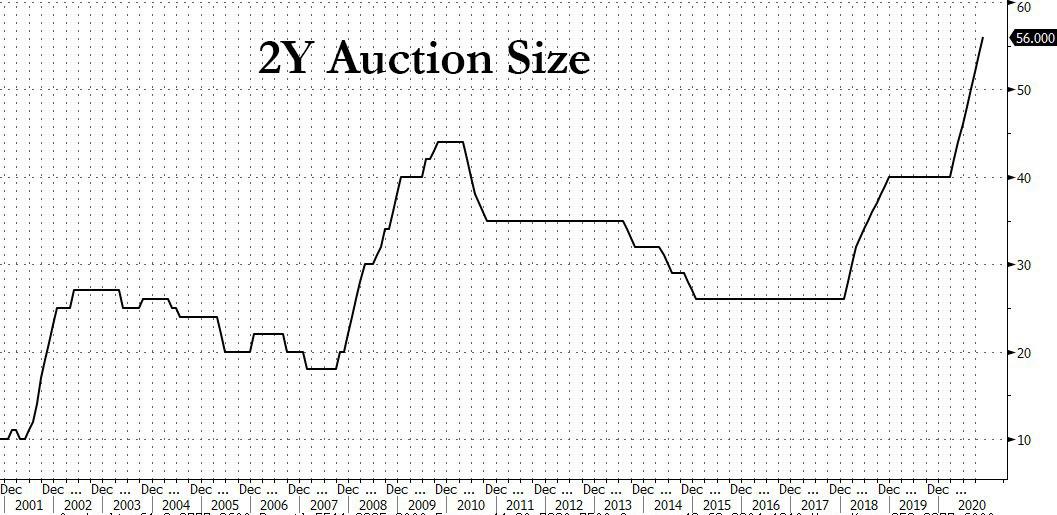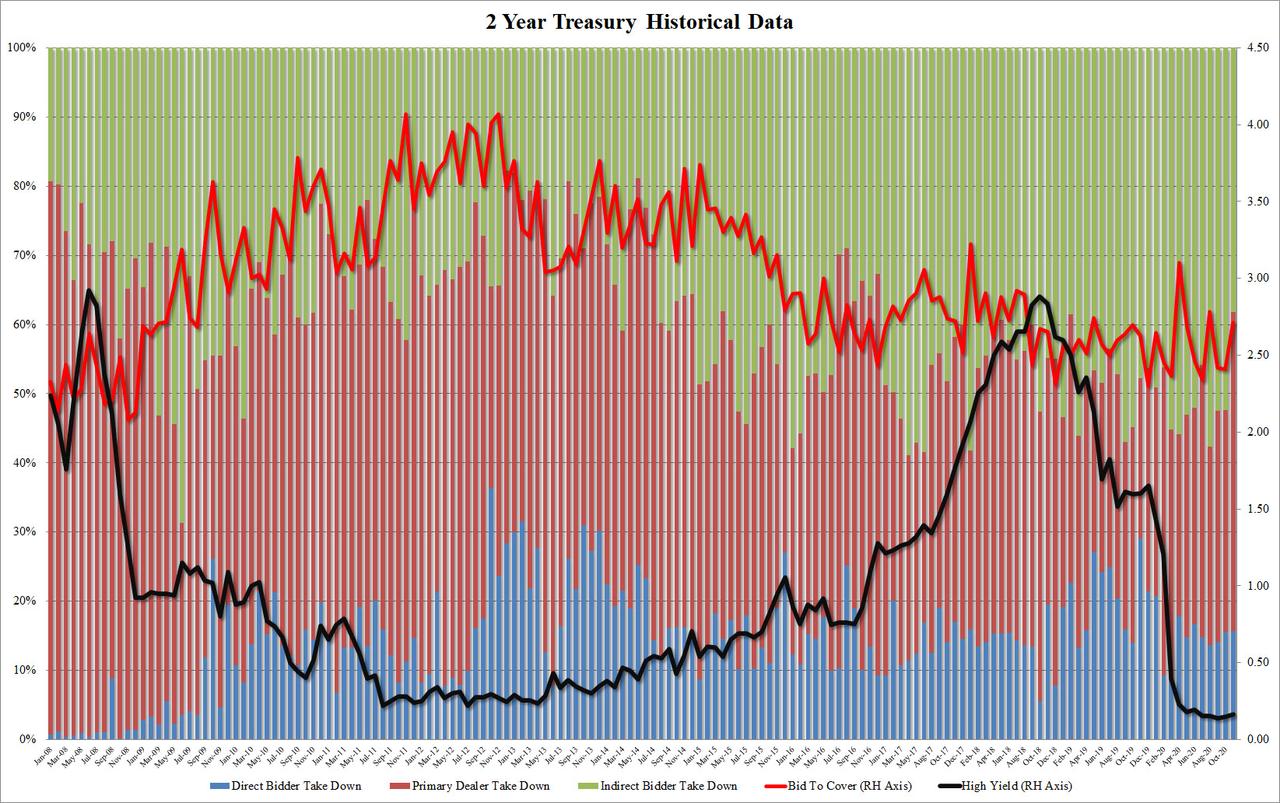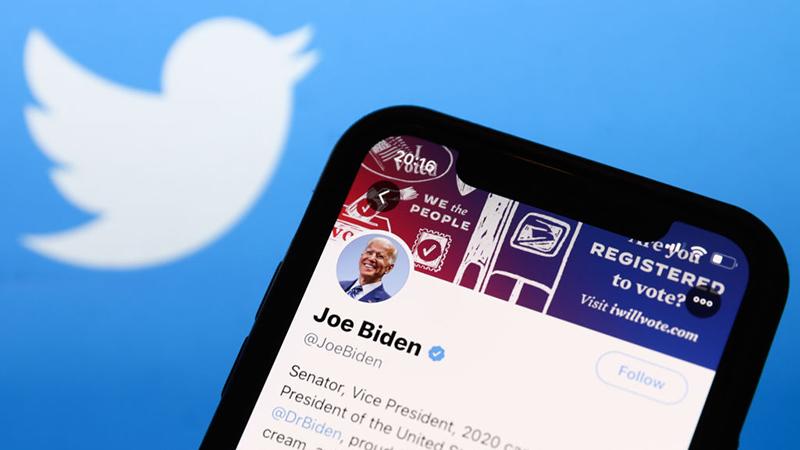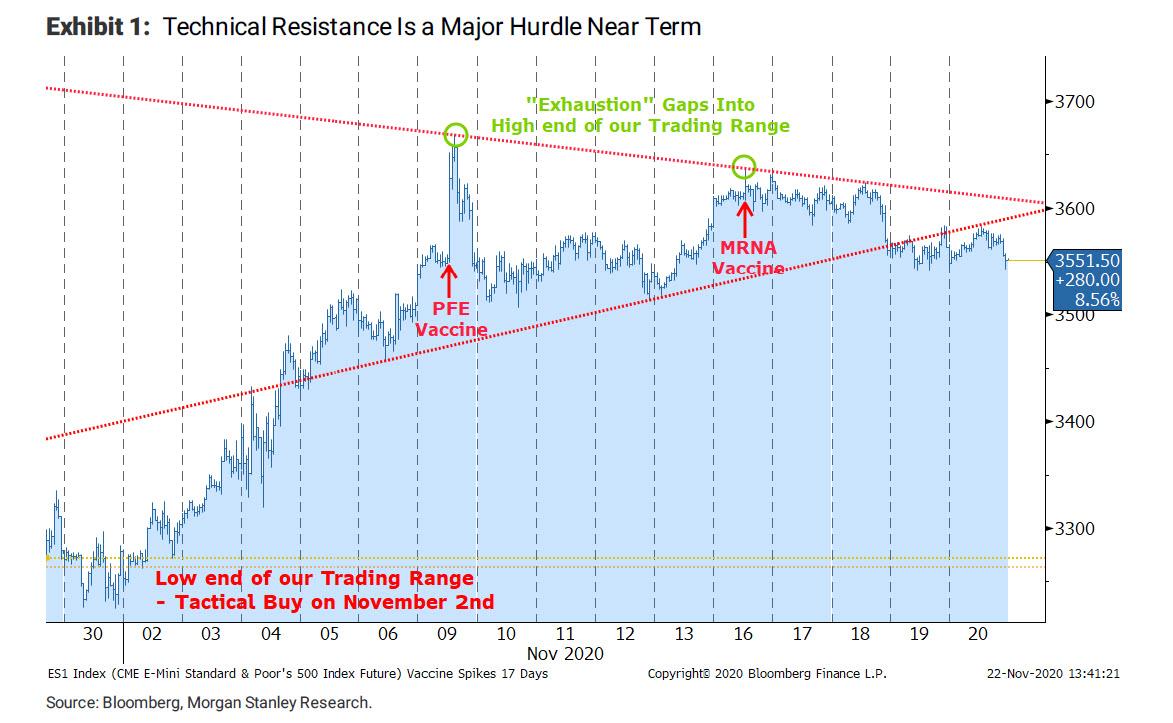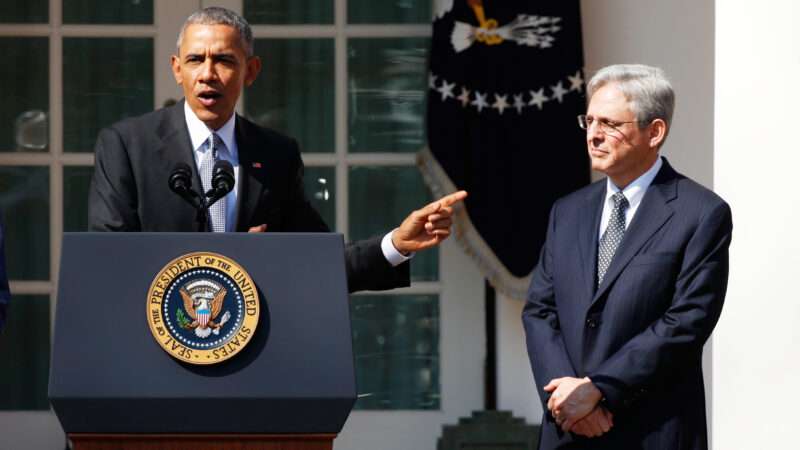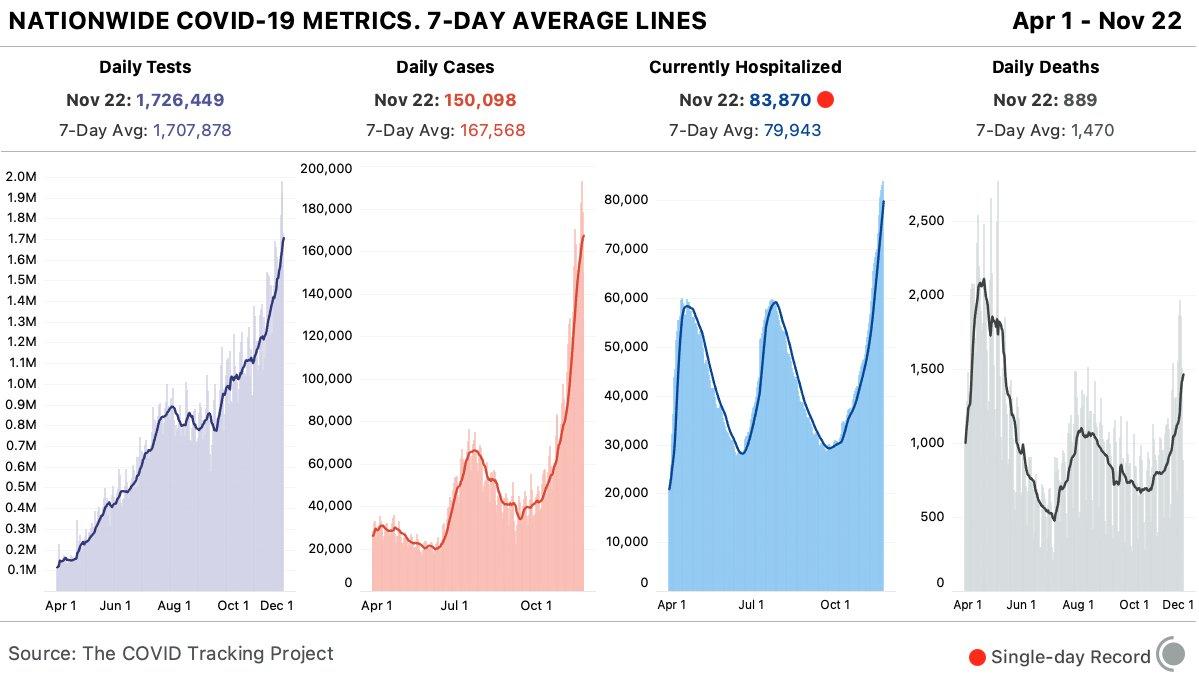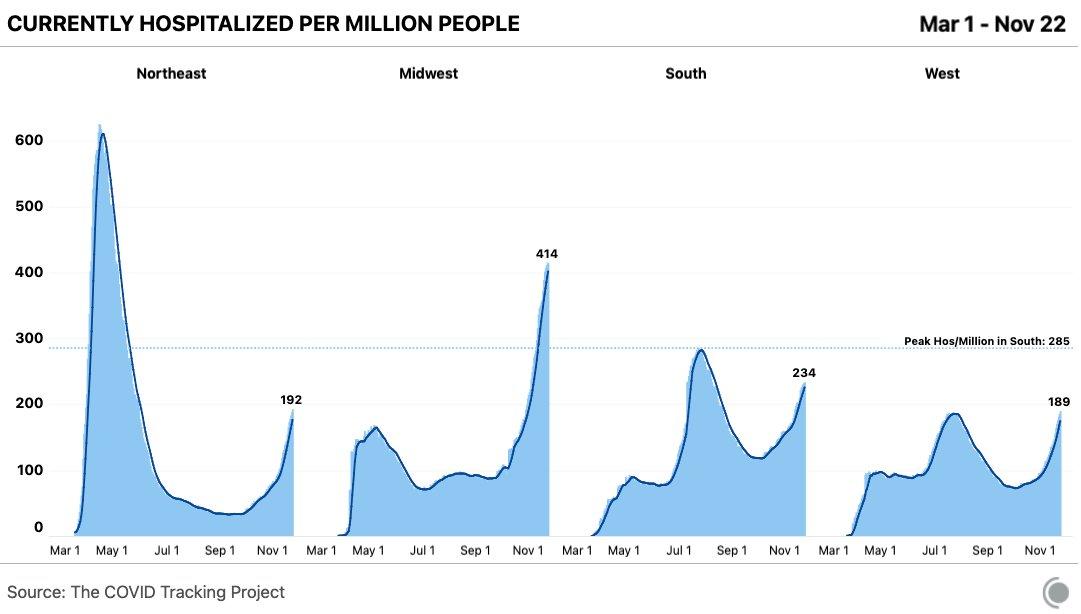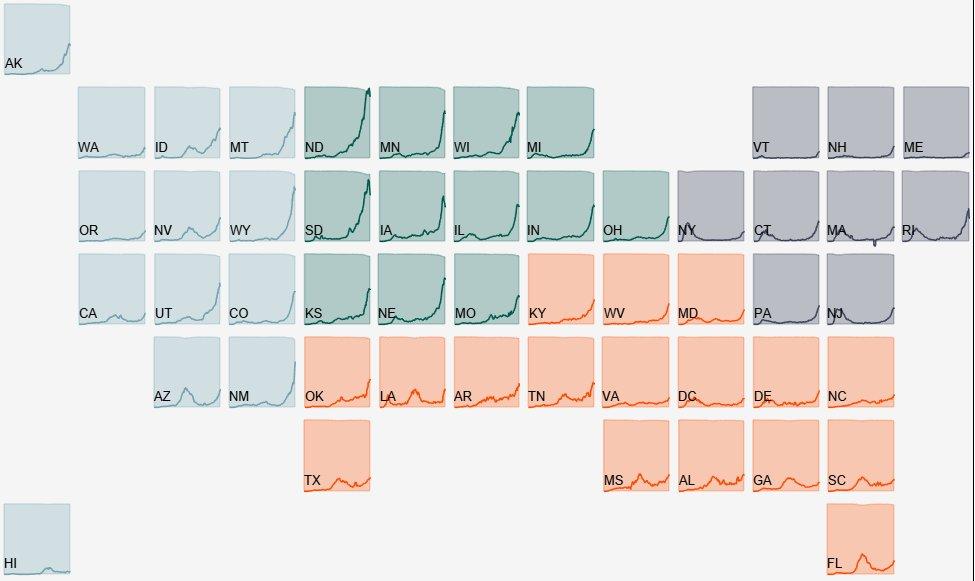How The Fed Feeds The Boom-Bust Cycle
Tyler Durden
Mon, 11/23/2020 – 12:05
The central bankers at the Federal Reserve can be pretty clueless. A report issued by the Fed a few weeks ago serves as a prime example.
The report was full of dire warnings. It expressed concern about “overvalued asset prices.” Yes, the Fed actually warned us about the stock market bubble. The report also said we should be worried about the surging levels of debt in the economy. “As many households continue to struggle, loan defaults may rise, leading to material losses,” the Fed report warned. It warned about the rising levels of business debt.
Now, you know what the report didn’t mention? That the very policies the Fed has pursued over the last several decades have created the very problems it is now warning us about.
So, how could these central bankers be so self-unaware? Economist Frank Shostak provides some insight. He argues that the problem with modern-day economics is the tendency to try to evaluate data outside of any theoretical framework. As he put is, “data does not talk by itself and never issues any ‘signals’ as such. It is the interpretation of the data guided by a theory which generates various ‘signals.’”
In a recent article, Shostak makes the case that Fed easy money policies actually create the boom-bust cycles that it can’t seem to explain.
The following article by Frank Shostak was originally published at the Mises Wire. The opinions expressed by the author are offered for your consideration and don’t necessarily reflect those of Peter Schiff or SchiffGold.
According to the popular way of thinking, various economic data can provide an analyst with the necessary information regarding the state of the economy. It is held that by inspecting various economic indicators such as the gross domestic product or industrial production, an analyst could ascertain the state of the economic business cycle.
Following the experts from the National Bureau of Economic Research (NBER), business cycles are seen as broad swings in many economic indicators, which upon careful inspection permit the establishment of peaks and troughs in general economic activity.
Furthermore, according to the NBER experts, because the causes of business cycles are complex and not properly understood it is much better to focus on the outcome of these causes as manifested through the economic data.
If the driving factors of boom-bust cycles are not known, as the NBER underlying methodology holds, how could the government and the central bank introduce measures to counter them?
Contrary to the NBER way of thinking, data does not talk by itself and never issues any “signals” as such. It is the interpretation of the data guided by a theory that generates various “signals.”
By stating that business cycles are about swings in the data, one says nothing about what business cycles are. In order to establish what business cycles are the driving force that is responsible for the emergence of economic fluctuations needs to be ascertained.
Why We Have Boom-Bust Cycles
Contrary to the indicators approach, boom-bust cycles are not about the strength of the data as such (for instance, for the NBER a recession is a significant decline in activity spread across the economy lasting more than a few months). It is about activities that sprang up on the back of the loose monetary policies of the central bank.
Thus, whenever the central bank loosens its monetary stance, it sets in motion an economic boom by means of the diversion of real savings from wealth generators to various non-wealth-generating activities that a free unhampered market would not facilitate.
Whenever the central bank reverses its monetary stance, this slows down or puts to an end the diversion of real savings toward activities that do not generate real wealth and that undermines their existence. The trigger to boom-bust cycles is central bank monetary policies and not some mysterious factors.
Consequently, whenever a looser stance is introduced, this should be regarded as the beginning of an economic boom. Conversely, the introduction of a tighter stance sets in motion an economic bust, or the liquidation phase.
The severity of the liquidation phase is dictated by the extent of distortions caused during the economic boom. The greater the distortions, the more severe the liquidation phase is going to be. Any attempt by the central bank and the government to counter the liquidation phase through monetary stimulus will only undermine the pool of real savings, weakening the economy.
Again, since the central bank’s policies set the boom-bust cycles in motion, these policies are what lead to economic fluctuations.
Whenever the central bank changes its monetary stance, the effect of the new stance does not assert itself instantaneously—it takes time.
The effect starts at a particular point and shifts gradually from one market to another market, from one individual to another individual. The previous monetary stance may dominate the economic scene for many months before the new stance begins to assert itself.
Economic Slowdown versus Recession
As a rule, the symptoms of a recession emerge after the central bank tightens its monetary stance (there is a time lag). What determines whether an economy falls into a recession or just suffers an ordinary economic slowdown is the state of the pool of real savings.
As long as this pool is still expanding, a tighter central bank monetary policy will culminate in an economic slowdown. Notwithstanding that various non-wealth-generating activities will now suffer, overall economic growth will be positive, the reason being that there are more wealth generators versus wealth consumers. The expanding pool of real savings reflects this. As long as the pool of real savings is expanding, the central bank and government officials can give the impression that they have the power to undo a recession by means of monetary pumping and artificially lowering interest rates.
In reality, however, these actions only slow or arrest the liquidation of activities that emerged on easy monetary policy, thereby continuing to divert real savings from wealth generators to wealth consumers.
What in fact gives rise to a positive growth rate in economic activity is not monetary pumping but the fact that the pool of real savings is still growing. The illusion that through monetary pumping it is possible to keep the economy going is shattered once the pool of real savings begins to decline. Once this happens, the economy begins its downward plunge, i.e., falls into a recession.
The most aggressive loosening of money will not reverse the plunge. In fact, rather than reversing the plunge, loose monetary policy will further undermine the flow of real savings and thereby further weaken the structure of production and thus the production of goods and services.
In his writings, Milton Friedman blamed central bank policies for causing the Great Depression of the 1930s. According to Friedman, the Federal Reserve failed to pump enough reserves into the banking system to prevent the collapse in the money stock. The collapse in the money stock according to Friedman was the key factor in plunging the economy into economic depression.
For Friedman, the failure of the US central bank was not that it caused the monetary bubble during the 1920s but that it allowed the deflation of the bubble.
An economic depression, however, is not caused by the collapse of the money stock, as suggested by Friedman, but rather by the collapse of the pool of real savings. The shrinkage of this pool is set in motion by the preceding monetary pumping of the central bank and by fractional reserve banking. The monetary pumping sets in motion an exchange of nothing for something, i.e., consumption without preceding production—this undermines the pool of real savings.
Moreover, a fall in the pool of real savings triggers declines in bank lending out of “thin air” and thus in the money stock. This in turn implies that previous loose monetary policies cause the fall in the pool of real savings and trigger collapses in economic activity and in the money stock.
Declines in the prices of goods and services follow declines in money supply. Most economists erroneously regard this as bad news that must be countered by central bank policies. However, any attempt to counter price declines by means of loose monetary policies will further undermine the pool of real savings. Furthermore, even if loose monetary policies were to succeed in lifting prices and inflationary expectations, this could not revive the economy while the pool of real savings is declining.
Lastly, it is erroneous to regard a fall in stock prices as causing recessions. The popular theory argues that a fall in stock prices lowers individuals’ wealth, which in turn weakens consumers’ outlays. Since it is held that consumer spending accounts for 66 percent of GDP, this means that a fall in the stock market plunges the economy into a recession.
Again, we hold that it is the pool of real savings and not consumer demand which permits economic growth to take place.
Furthermore, the prices of stocks mirror individuals’ assessments regarding the facts of reality. Because of monetary pumping, these assessments tend to be erroneous. However, once the central bank alters its stance, individuals can see much more clearly what the facts of reality are and scale down previous erroneous evaluations.
While individuals can change their evaluations of the facts, they cannot alter the existing facts, and the latter influence the future course of events.
via ZeroHedge News https://ift.tt/35X61H9 Tyler Durden
